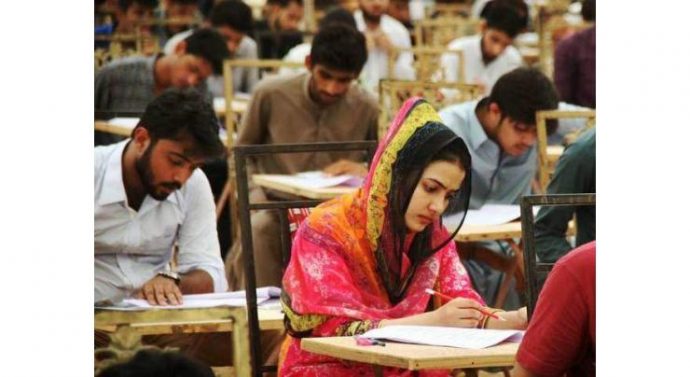
Schedule for O/A Level Exams Released
The Cambridge Assessment International Education-conducted O Level and A Level exams are set to begin on April 25. The exam period will go through June 13.
The examination session scheduled for May/June 2024 is expected to attract approximately 100,000 students from different parts of Pakistan. Over 40,000 candidates from Karachi will take the Cambridge exams, while an additional 15,000 hopefuls from other parts of the country will enter as private candidates.
Notably, over 6,000 students from Karachi are thought to have chosen to sit for the Cambridge exams on their own. Approximately 20 centres are located in Karachi to handle the influx of candidates. A network of nearly 100 examination centres has been constructed worldwide to assist the seamless conduct of examinations.
Examining Pakistani students’ scholastic inclinations, some courses come up time and over again in the Cambridge O Level and A Level curriculum. Subjects like Urdu, English, mathematics, Islamiat, Pakistan Studies, and Urdu constantly receive a lot of interest and participation from O Level candidates. A Level students, on the other hand, have a preference for courses in computer science, business, chemistry, physics, and maths, which reflects their wide range of academic interests and professional goals.
There are about 800 schools in the nation that use the Cambridge curriculum, giving children access to an internationally recognised educational quality. With almost 200 institutions devoted to providing ambitious students with a full Cambridge education, Karachi has a significant presence in this network.
Students usually take the internationally recognised O and A Levels, which are offered by Cambridge Assessment International Education, in their senior year of high school. O Levels, which are the UK’s equivalent of GCSEs, are taken typically around the age of sixteen and include a wide range of disciplines. A Levels are taken at a more advanced level, usually at the age of 18, and allow students to specialise in their chosen fields of study by delving further into fewer subjects.

Content writer, educationist, teacher, researcher, social media manager, and a SEO manager from lahore. She has been working as a freelance academic and non-academic writer for more than 10 years now. She has a passion to learn new things and has a knack for writing and she combines both things to produce write ups she pours her heart out in.

